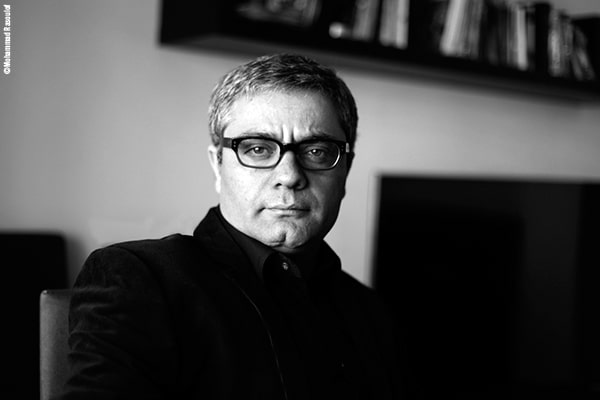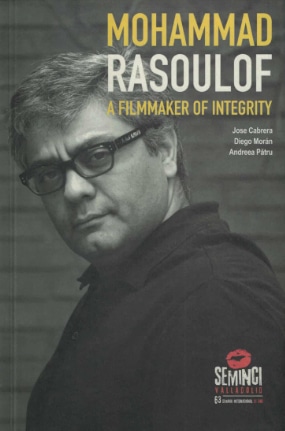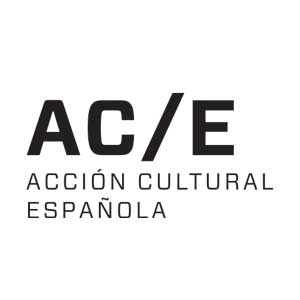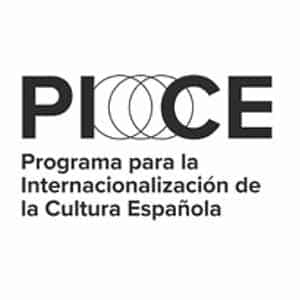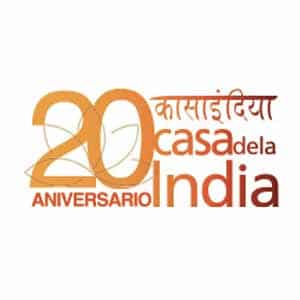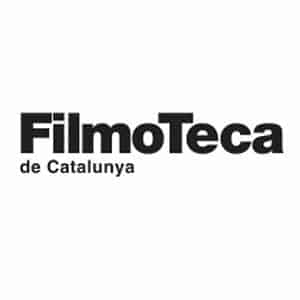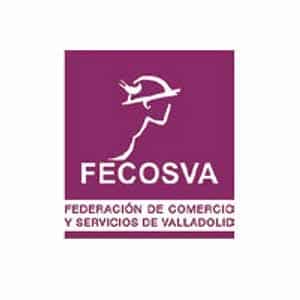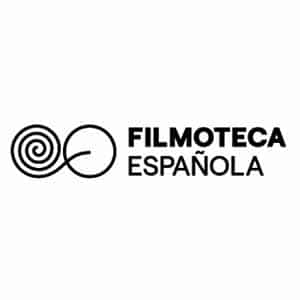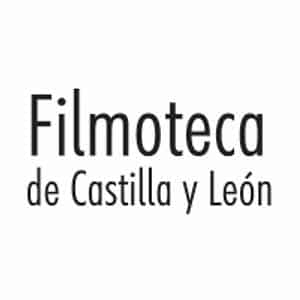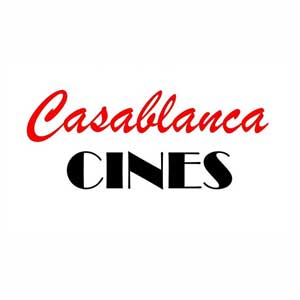The director, Seminci’s Honorary Spike in 2018, presents this Friday in Cannes his latest film, The Seed of the Sacred Fig, a few days after fleeing his country
See the online version of the book here
Starting this Friday, the Valladolid International Film Festival – Seminci publishes the digital edition, both in English and Spanish, of the book “Mohammad Rasoulof: A Filmmaker of Integrity”, edited by the festival in the 63rd edition, coinciding with the world premiere at the Cannes Festival of The Seed of the Sacred Fig, the latest film by the Iranian filmmaker, who has recently left his country after receiving a severe sentence from Iran’s Islamic Revolutionary Court.
Written by Jose Cabrera, Andreea Pătru -members of the Seminci Programming team -and Diego Morán- cultural manager and collaborator of the festival-, this book addresses the figure of one of the greatest exponents of contemporary Iranian cinema who, despite the difficulties in setting up his films, after being censored in his country, has managed to launch his message, often through symbolic and metaphorical narratives. The director, detained and sentenced to arrest on several occasions for his films, which are very critical to the current Iranian regime, has been held prisoner in his country in recent years. This circumstance prevented him from going to Valladolid in 2018 on the tribute that Seminci prepared for him in its 63rd edition with the delivery of the Espiga de Honor, a retrospective composed of seven of his films, chosen by himself, and the edition of the book that, from today, can be downloaded for free through the festival’s website.
Mohammad Rasoulof (Shiraz, Iran, 1972) studied Social Sciences, focusing on the impact of living under a dictatorial regime, both individually and socially, something reflected in most of his films. The documentary The Twilight (2002), his first feature film, won the Crystal Phoenix at the Fajr International Film Festival in Tehran and the Best Documentary Award at the Iran Cinema House.
Rasoulof was arrested in 2010 with his friend, director Jafar Panahi, and sentenced to six years in prison, accused of conspiracy and propaganda against the Iranian government. The sentence was reduced later to one year. In 2013, his passport was confiscated in Tehran when he was about to travel to the Nuremberg Human Rights Festival for the presentation of his film Manuscripts Don’t Burn, shot clandestinely, as well as his following work, A Man of Integrity (2017), whose screening at the Cannes Festival led to a ban on working and traveling outside the country.

With his next feature film, There Is No Evil (2020), he won the Golden Bear at the Berlin Festival, in addition to achieving a Special Jury Mention at the 65th Valladolid International Film Festival, presented in competition as a Spanish premiere. The filmmaker announced on May 13th that he had fled Iran a few days after being sentenced by the Iranian Islamic Revolutionary Court to an eight-year prison sentence, lashing and the confiscation of his assets for the crime of “collusion with the intention of committing crimes against the country’s security.”
This Friday, he will attend the Cannes Film Festival to present his latest film, The Seed of the Sacred Fig, where he addresses the protests unleashed by the death of Mahsamini in 2022 after being arrested for not wearing properly the Islamic veil. The case against Rasoulof has led a large group of directors to sympathize with Iranian creators in an open letter condemning the “continuous systemic criminalization of artistic freedom”, to which more than fifty filmmakers have adhered worldwide.
Seminci thus adds a newly digitized copy, freely available to the public out of its extensive catalogue of publications, an activity started last October with the work Cine independiente americano. Una introducción, an outstanding book conceived as a complement to the thematic retrospective held during the 27th edition of the festival, written by programmers and critics Fernando Herrero and José Ignacio Fernández Bourgón. Seminci also offers other publications for free, such as the special issues published in collaboration with the magazine Caimán Cuadernos de Cine on the Memory and Utopia section, which claims and values the cinematographic heritage, or on the Guest Country of the last editions.
